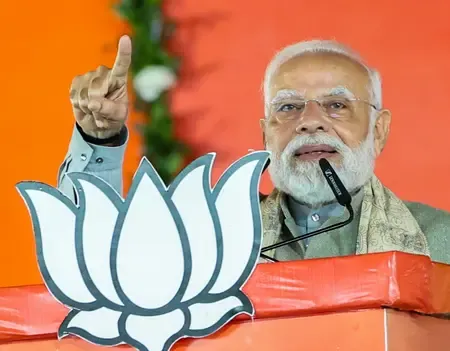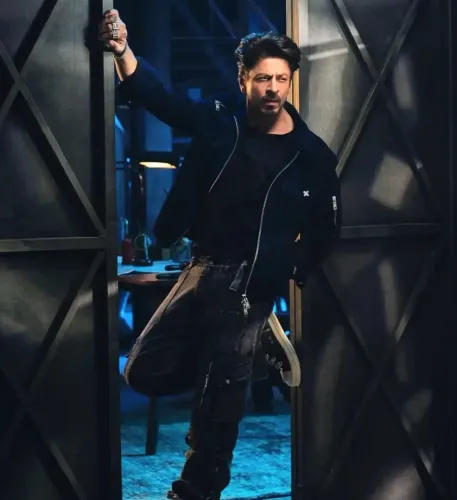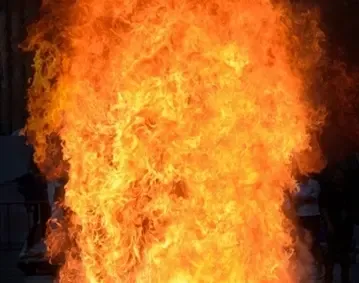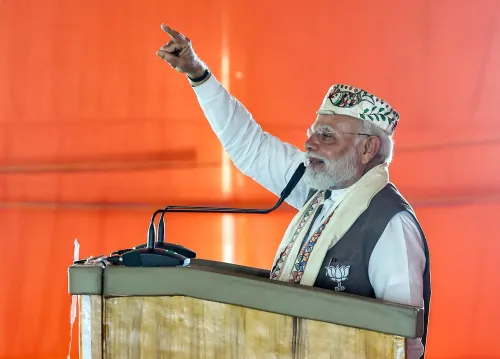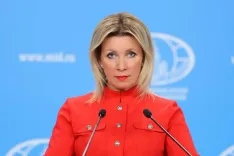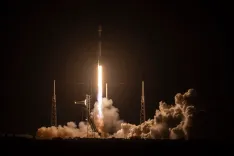Will Smart Travel Cards and New Bus Routes Transform Delhi's Public Transport?
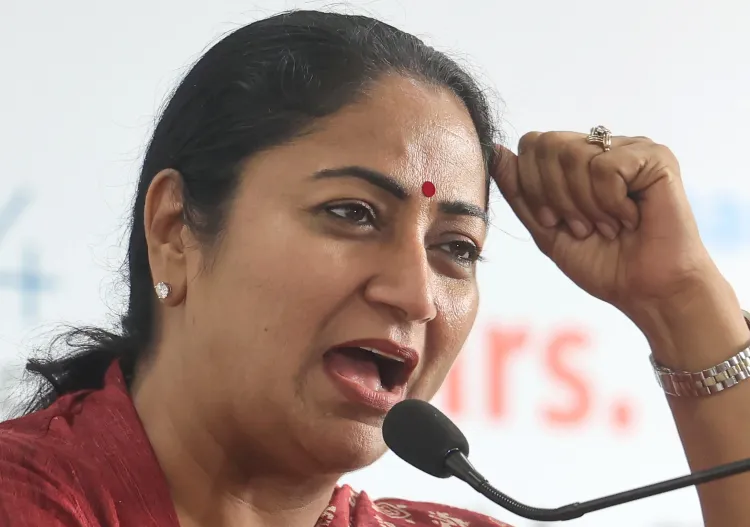
Synopsis
Key Takeaways
- Introduction of smart travel cards for seamless commuting.
- Revamping of bus routes to enhance accessibility.
- Special Pink Card for women and transgender residents.
- Modernization of bus queue shelters with advanced features.
- Collaboration with IIT Delhi for new route planning.
New Delhi, July 15 (NationPress) The Chief Minister of Delhi, Rekha Gupta, presided over a significant meeting with the Transport Department on Tuesday, emphasizing that the vision of a world-class public transport system in Delhi is on the verge of becoming a reality. This will involve the introduction of smart travel cards, the reconfiguration of bus routes, and the modernization of bus terminals.
During the session, CM Gupta revealed plans to revamp bus queue shelters (BQS) to enhance comfort and incorporate advanced technology.
The meeting included key figures such as Transport Minister Pankaj Singh, Chief Secretary Dharmendra, Transport Commissioner Niharika Rai, and several senior officials.
CM Gupta remarked that the Delhi Transport Corporation (DTC), currently facing a staggering loss of Rs 60,000 crore due to previous mismanagement, will be revitalized to become a robust transportation service.
She indicated that both small (DEVI) and large buses will see an increase in numbers, with new routes being strategically developed to improve commuter accessibility.
“Our government envisions DTC as a benchmark for excellent transport service in Delhi,” asserted the Chief Minister.
While evaluating the city's transport infrastructure, CM Gupta outlined crucial goals that will direct the future of Delhi’s public transportation.
A major highlight was the announcement of a unified smart card system that will facilitate seamless travel across all public transport modes, including DTC buses, the Delhi Metro, and the forthcoming Regional Rapid Transit System (RRTS).
The Chief Minister also introduced a special Pink Card for women and transgender individuals, allowing them free access to DTC buses.
“We are currently in discussions with banks to ensure a smooth and efficient rollout of these cards, aimed at enhancing the accessibility and convenience of public transport,” stated the announcement.
CM Gupta also provided an overview of the DTC fleet, noting that Delhi operates 660 small electric buses, 1,800 large electric buses, and 1,800 CNG buses, totaling 4,800 electric buses in the city’s extensive EV fleet.
However, she acknowledged that many of these buses still follow outdated routes, which limits their effectiveness in serving the city's population.
To address this, the government is partnering with IIT Delhi to design a comprehensive new route plan aimed at improving bus connectivity in underserved areas and ensuring better integration with Metro services.
A pilot initiative will be launched in Yamuna Vihar, after which the model will be expanded citywide.
Another focal point is the modernization of Bus Queue Shelters (BQS) throughout the capital.
All BQS will be upgraded with features such as real-time arrival displays, LED lighting, digital boards, solar power support, and weather-resistant designs, executed through a Public-Private Partnership (PPP) model.
Currently, out of 4,627 shelters in Delhi, only 2,021 are operational. The new designs will be inspired by global standards while catering to local needs, as stated in the announcement.

